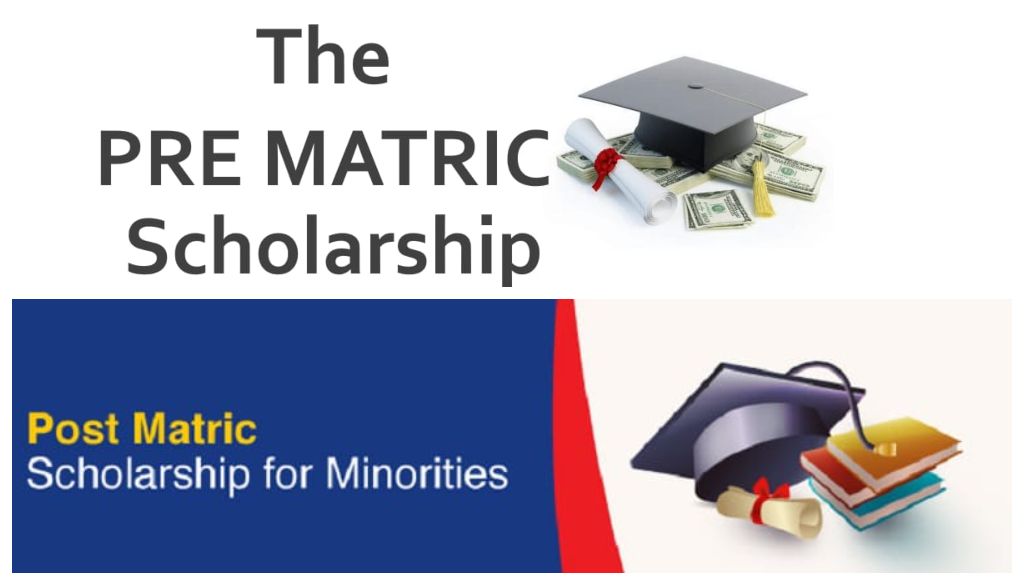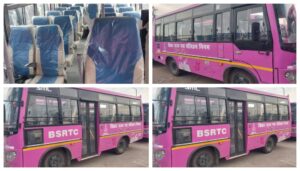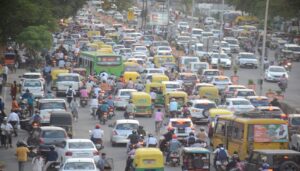Bihar Government Scholarships Support Millions of Students in Major Push for Educational Equality

Patna: More than 35 lakh students from backward and extremely backward communities in Bihar have received financial aid through government scholarship schemes, marking a significant step towards equitable education access.
In the financial year 2024-25 alone, the Bihar government has distributed ₹550 crore under various initiatives aimed at supporting students from disadvantaged backgrounds. The state’s Backward Class and Extremely Backward Class Welfare Department has been at the forefront of this effort, ensuring that financial barriers do not hinder access to education.
The scholarships have played a crucial role in integrating students from marginalized communities into the mainstream education system. Officials say the initiative is key to fostering social inclusion and providing equal learning opportunities.
“This is more than financial aid; it is about ensuring that no student is left behind due to economic hardship,” a government spokesperson said. “Education is the cornerstone of empowerment, and these scholarships are changing lives.”
Several major scholarship programmes have driven this progress:
Pre-Matric Scholarship Scheme: In 2023-24, 56.18 lakh students benefited, with ₹619 crore disbursed. In 2024-25, 33.41 lakh students received ₹358 crore.
Post-Matric Scholarship Scheme: 2.1 lakh students received ₹110 crore in 2023-24, and around 1 lakh applications have been received for the current year.
Extremely Backward Class Merit Scholarship Scheme: In 2023-24, ₹100 crore was provided to 1 lakh students. In 2024-25, ₹110 crore has been allocated to 1.1 lakh students.
Backward Class Merit Scholarship Scheme: ₹75 crore was distributed to 75,000 students in 2023-24, while in 2024-25, ₹77 crore was allocated to 77,000 students.
The Bihar government has positioned education as a pillar of its social welfare strategy, recognising that economic growth and social mobility are closely linked to learning opportunities. By expanding scholarship coverage, officials hope to reduce dropout rates and increase higher education participation among disadvantaged groups.
As applications continue to rise, the government is expected to expand these schemes further, reinforcing its commitment to an inclusive education system. With sustained investment, Bihar could emerge as a model for state-led educational reform in India.





